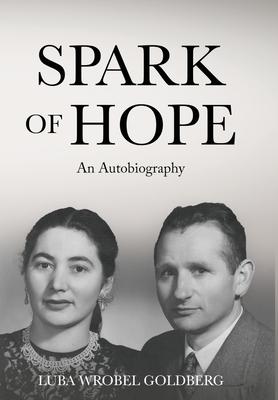Luba is born into a poor Jewish family in the shtetl of Ciechanowiec, Poland. She provides a unique lens into a now vanished world, as she describes her childhood in Ciechanowiec, and her high school education in Bialystok. When the Germans invade Poland in 1939, Luba is only a teenager. She records the anguish and suffering her community endures under Nazi occupation. She manages to evade deportation to Treblinka death camp by escaping to the forest. Luba encounters many near-death experiences as she traverses the Polish countryside - hungry and cold. Finally, Luba finds a group of Russian partisans operating from the Bransk forest and joins the brigade. With the group she bravely participates in several daring military missions. Luba attributes her ultimate survival to luck and miracles.
Immediately after the war, Luba marries Chaim, also a Holocaust survivor. They both uncover the tragic fate of their families. Due to persistent antisemitism, Luba and Chaim flee postwar Poland, and become refugees in European DP camps for five years. Together with their two infant children, they manage to leave war-torn Europe, with only the clothes on their backs, ultimately moving to Australia for a new life. Luba vividly and humorously describes her trials and tribulations as a new migrant in Australia.
An eternal optimist, Luba's spark of hope is never extinguished.
